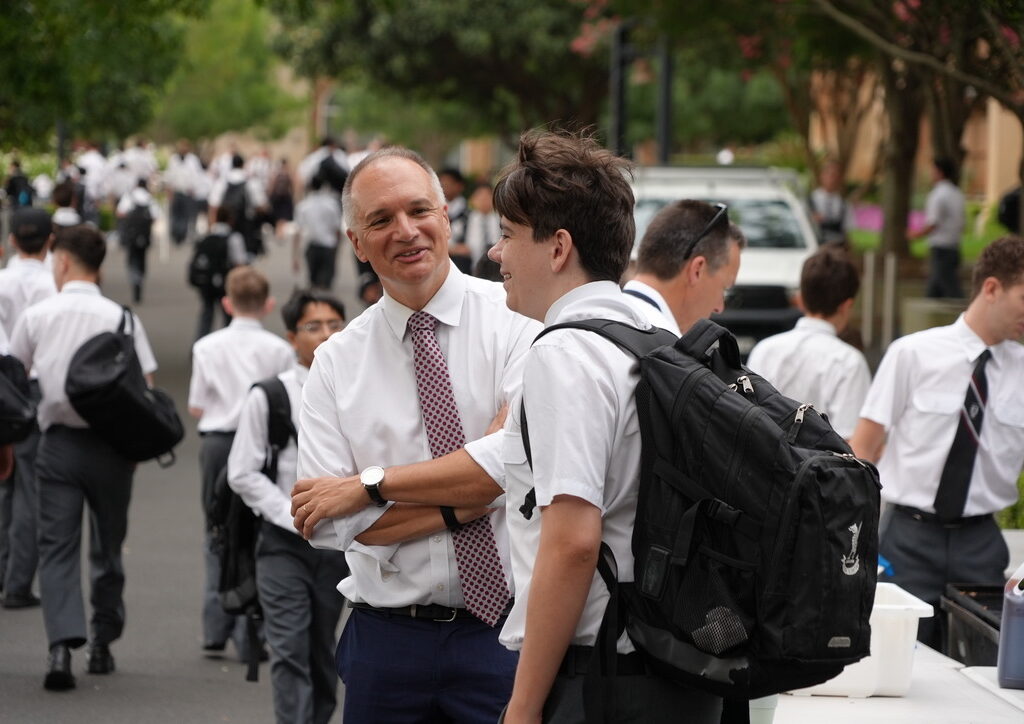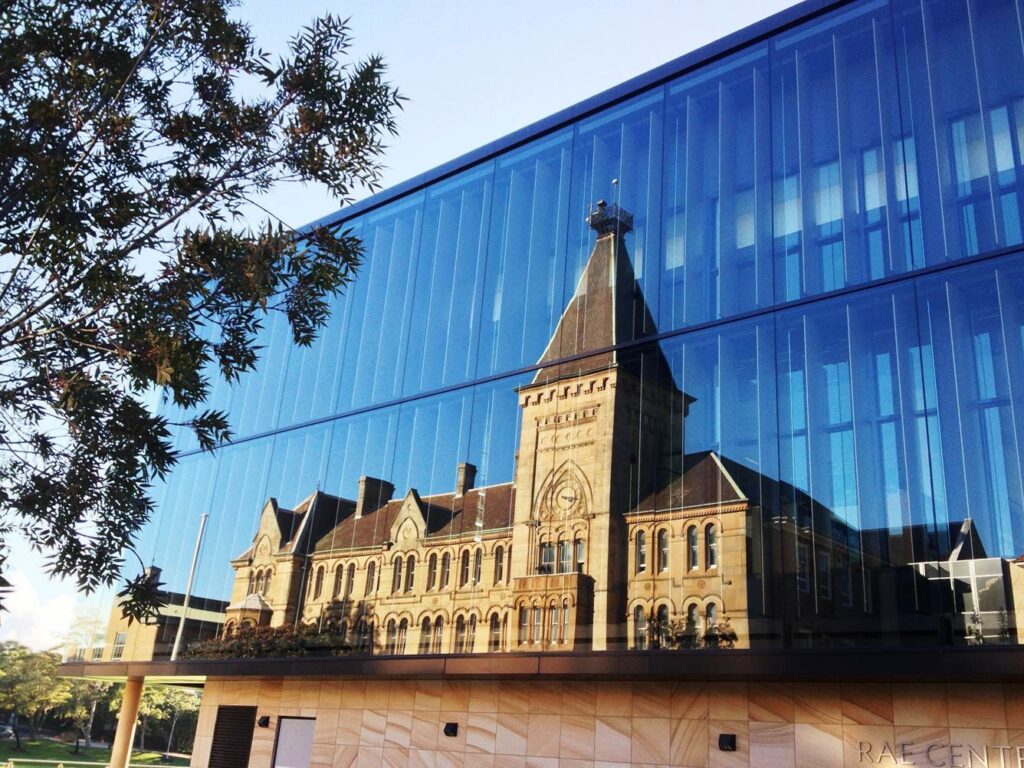Our culture
Management consultant Peter Drucker said, famously: ‘Culture eats strategy for breakfast’ and I am fully aware that without the right culture, any strategic plan will be dead on arrival. As part of talking to and listening to people, I think I have a pretty good impression of what people feel Newington’s culture is now, and what they would like it to be in the future. Luckily, there was a lot of overlap.
Our culture is the atmosphere every individual Newington boy breathes each day. It helps form each boy and – in turn – each boy’s behaviour forms our culture. The culture of Newington should be apparent when you walk in the gates, when you visit the classrooms, when you are in the common room, when you sit near the boys on the trains. What I have written below is (hopefully) both a description of the culture now – and a very firm intent for the future at Newington.
Vibrant
In a vibrant culture, the variety of outlooks, faiths, backgrounds, political views, sexual orientations and ethnicities weave a tapestry that makes us stronger. A vibrant culture revels in diversity and difference. A vibrant culture nourishes staff by providing an open environment for lifelong learning and professional satisfaction. A vibrant school culture also prepares a student for the world by creating it as a microcosm.
A vibrant culture is full of excitement and potential. Everywhere, there is something new, fascinating and thoughtful happening. Every class offers something to build with, something to try out or something to learn.
Days at Newington should be full of wonder too. We should ask the biggest questions and seek answers from our Uniting Church traditions and beyond – in classes, in chapel and in our libraries. We should aim to see what is exciting, interesting, fascinating and inspiring about the world – and what is hard, confronting and risky.
A vibrant culture also accepts the fog of ambiguity. We should learn to be comfortable with it and to cut through it too. A vibrant culture relishes that there is more to learn; that there are no easy answers. It relishes that boys and staff could be part of a future answer; part of the next generation of thinking, acting and doing.
Kind
Caring and kindness at Newington means being aware of others. It is realising each person is of equal importance. It means really being there for good friends or colleagues, being supportive of your broader circle, and being cheerful around the rest of the College community.
It means there are not hierarchies of interests, but instead equal continents that together make up the world of the school. It means sharing in, being interested in, or accepting the interests of others. It means recognising that each individual gains depth from sharing with those who have their passions and breadth from being interested in the passions of others. It means seeing the worth of each person, regardless of their achievements.
It means being grateful for the opportunities at the College and welcoming new members of the community – both students and staff. There should also be a sense that everyone in Newington cares for people outside the College too.
Kindness is also about reciprocal respect between students and teachers in the knowledge that each person is a unique mix of joys, sorrows, highs, lows. A humane, caring culture is one in which people really see each other.
Courageous
Courage is knowing holidays might be good, but life is about purpose – and this takes work. It means seeing each day as an opportunity to strive and to work hard, persevering with things you might not be naturally good at. We should also have the courage to stick at what we excel in – and to keep improving. We should never squander the gifts our parents, school, society and genes have given us.
Courage is standing up for what is right and ethical, even when it feels countercultural. Courage is playing your part in a school society that is based on values, ethics and depth, not popularity, surface and venality. Sometime, courage will mean being an ‘upstander’ instead of a ‘bystander’.
Courage is examining ourselves and making a commitment to being the best version of ourselves, even if we are confronted with things we don’t like in the process. Most people only get to change one person for the better – themselves – and if we can do the hard work this requires, we will be on the path to a life worth living.
For many of our staff, education itself is a vocation more than a profession. Courage is also a commitment to make a difference in the world – or some part of it. To give back to society. To live a life with purpose.
In this culture, both our students and staff will thrive.
Mr Michael Parker
Headmaster



